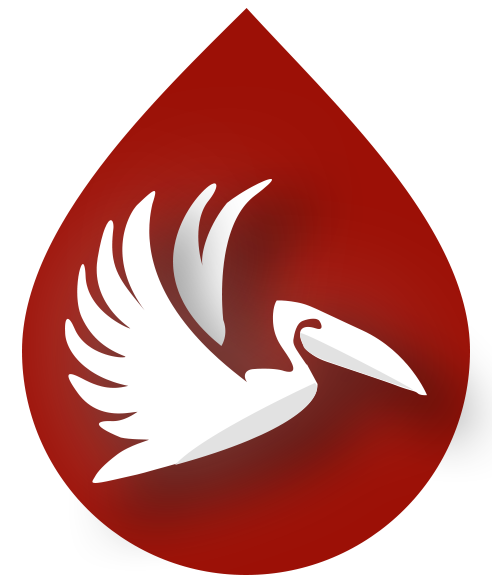Working in Canada
Are you a medical student that have dreamt to do your specialization in Canada but are clueless on how to… well, we got you covered. Below discusses all the steps necessary to achieve those dreams of specializing and working in Canada.
To be eligible to apply for specialization in Canada must:
Be a Canadian citizen or Permanent Resident of Canada
Written and passed the Medical Council of Canada Qualifying Exam Part I (MCCQE1) Written
Written and passed the National Assessment Collaboration (NAC) Examination
MCCQE 1:
Application process and time limit:
You can apply up to 15 months prior to your expected date of graduation. Once your application is approved, however, your eligibility window will begin 12 months from your expected date of graduation. For example:
Expected date of graduation: June 1, 2022
Application date: As of March 1, 2021
Eligibility window: June 1, 2021 to June 1, 2022
The MCCQE Part I contains:
210 Multiple-Choice Questions (MCQs) and 38 Clinical Decision-Making (CDM) cases (65-75 questions).
Score range is 100-400, approved passing score is 226
The MCCQE Part I is a criterion-referenced exam. This means that those of you who meet or exceed the standard will pass the exam regardless of how well other candidates perform on it
As it depends on each person individually, usually 6-12 months are recommended of preparation before you take the exam.
210 MCQs
4 hours for 210 mcqs, but 35 of them are pilot questions that will not have an effect on your total score, however, they are not identified as pilots on the test.
The exam is presented on a single page that you can free scroll up and down through whole test
You are able to change your answer at anytime during exam; except when you have submitted your final answers.
Exam includes topics on:
Medicine
Surgery
Obstetrics and Gynaecology
Paediatrics
Psychiatry
Population Health
Objectives for the exam are listed at the bottom of the objective page as well as in the form of pdf https://mcc.ca/objectives/expert/
Basic science questions
e.g. how many “how many atps are produced from aerobic or anerobic respiration” will not be included on this exam
38 CDM
3.5 hours for 38 CDM questions
A case presented to you followed by 1-4 questions based on the case
In total, you will be asked from 60 to 70 questions related to 38 CDM cases.
Answers include both short-menu (list) and short-answer write-in questions
Of the 38 CDM cases, eight are pilot cases that do not count towards your total score, that will not be identified as pilot questions on the exam.
Resources:
Medical school notes, as the exam is based on medicine questions rather than basic science questions
Toronto notes
Pdf or hard copy
Canada qbank (online exam bank)
uWorld questions for step 2 ck
practice exam that can be bought directly from mcc.ca website 🡪 examination 🡪 preparatory products
NAC: National Assessment Collaboration (NAC) Examination
One-day exam that assesses your readiness to enter a Canadian residency program. It is a national, standardized examination that tests the knowledge, skills, and attitudes essential for entrance into postgraduate training in Canada.
The exam is held twice a year at the months of March and October, you can apply at least 5 months before date of exam.
The NAC Examination is an Objective Structured Clinical Examination (OSCE)
This exam is based on 10 different stations where each station contains a standardized patient with specific clinical case.
You must preform tasks such as: taking history, preform a physical examination, counsel a patient, interpret test results… this will allow you to asses the specific diagnosis for the patient
Each station is 11 minutes long with 2 minutes rest between each station
An OSCE includes a series of stations where you are presented with typical clinical scenarios. It includes problems in:
Medicine
Surgery
Pediatrics
Obstetrics and Gynecology
Psychiatry
Preventive Medicine and Public Health
You are assessed by physician examiners on up to seven different competencies per station. These competencies include:
History taking
Diagnosis
Management
Communication skills
Physical examination
Investigations
Data interpretation
Resources:
Medical school notes and books regarding history taking and physical examination.
NAC OSCE: A Comprehensive Review
Canada QBANK: MCCQE 2 question banks
Uworld-USMLE Step 2 CS question bank
Written by: Talal Al-atassi

